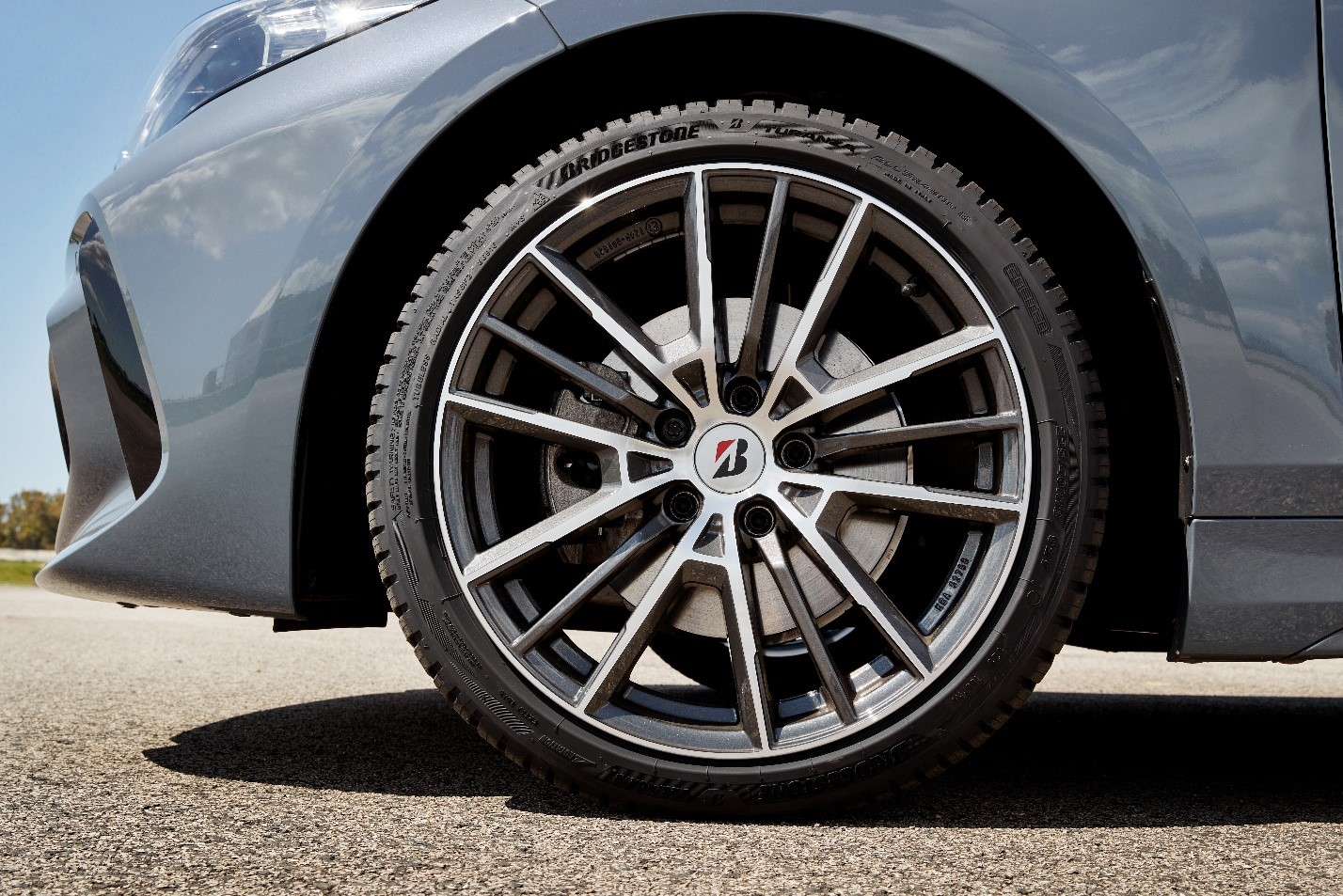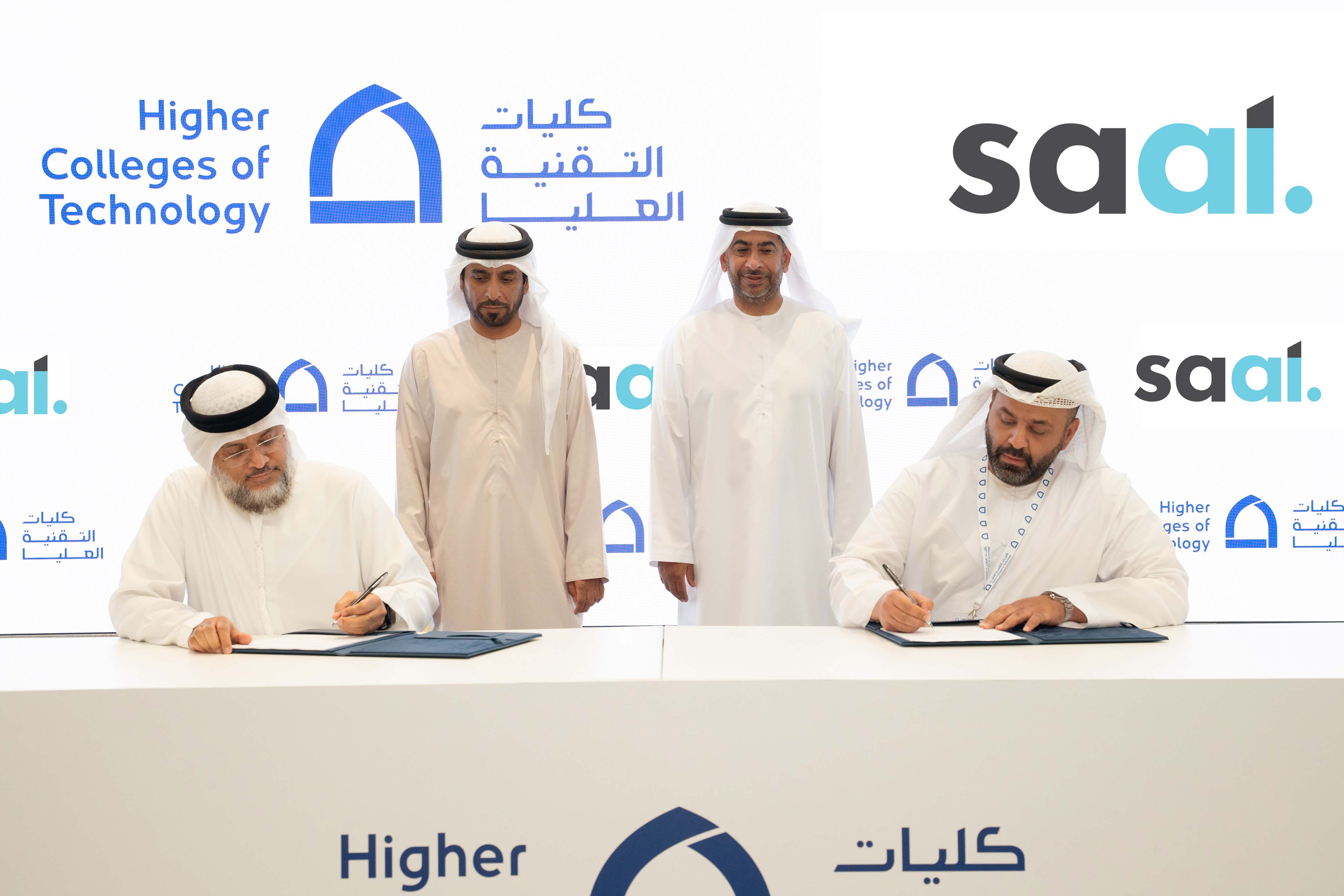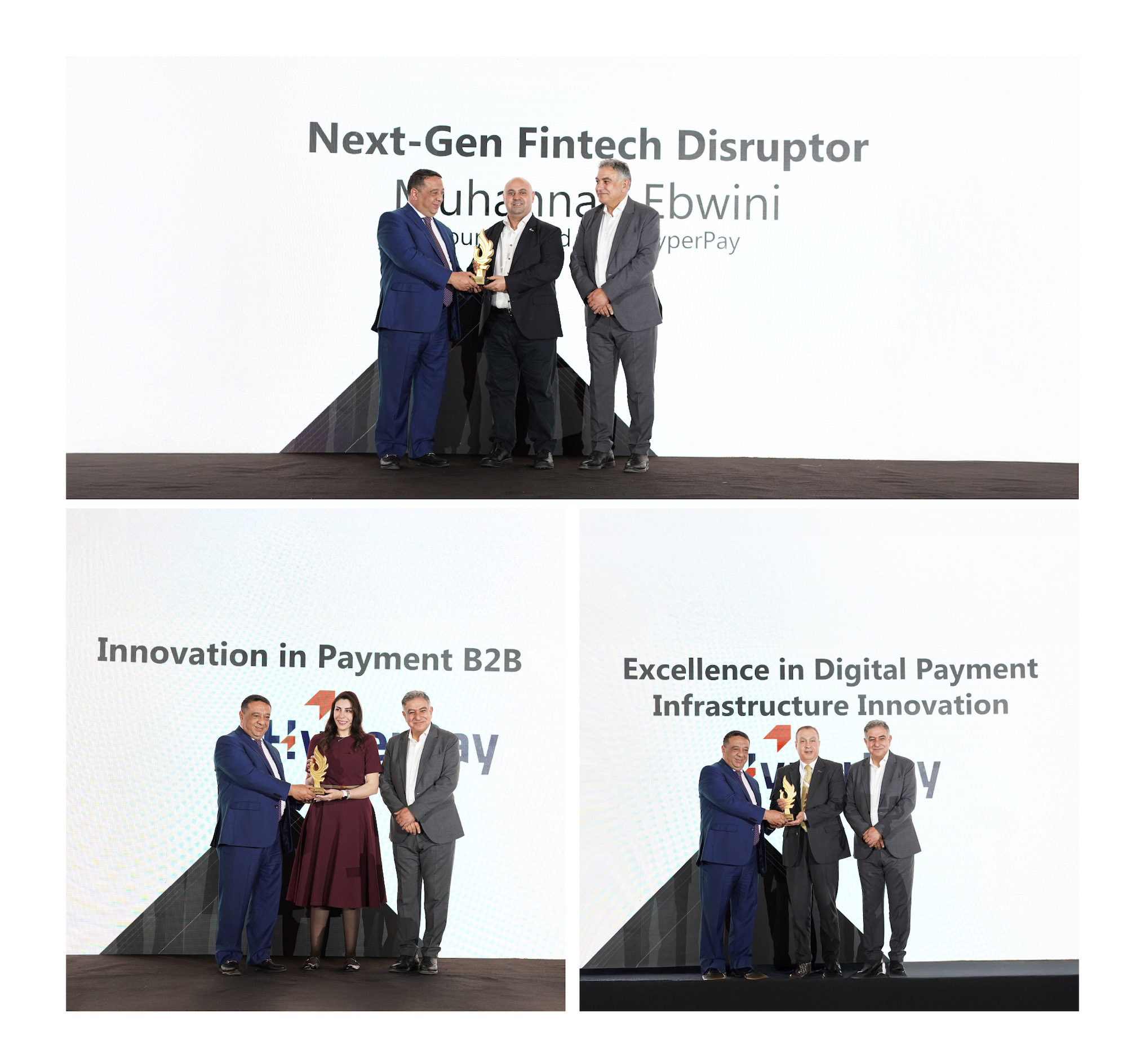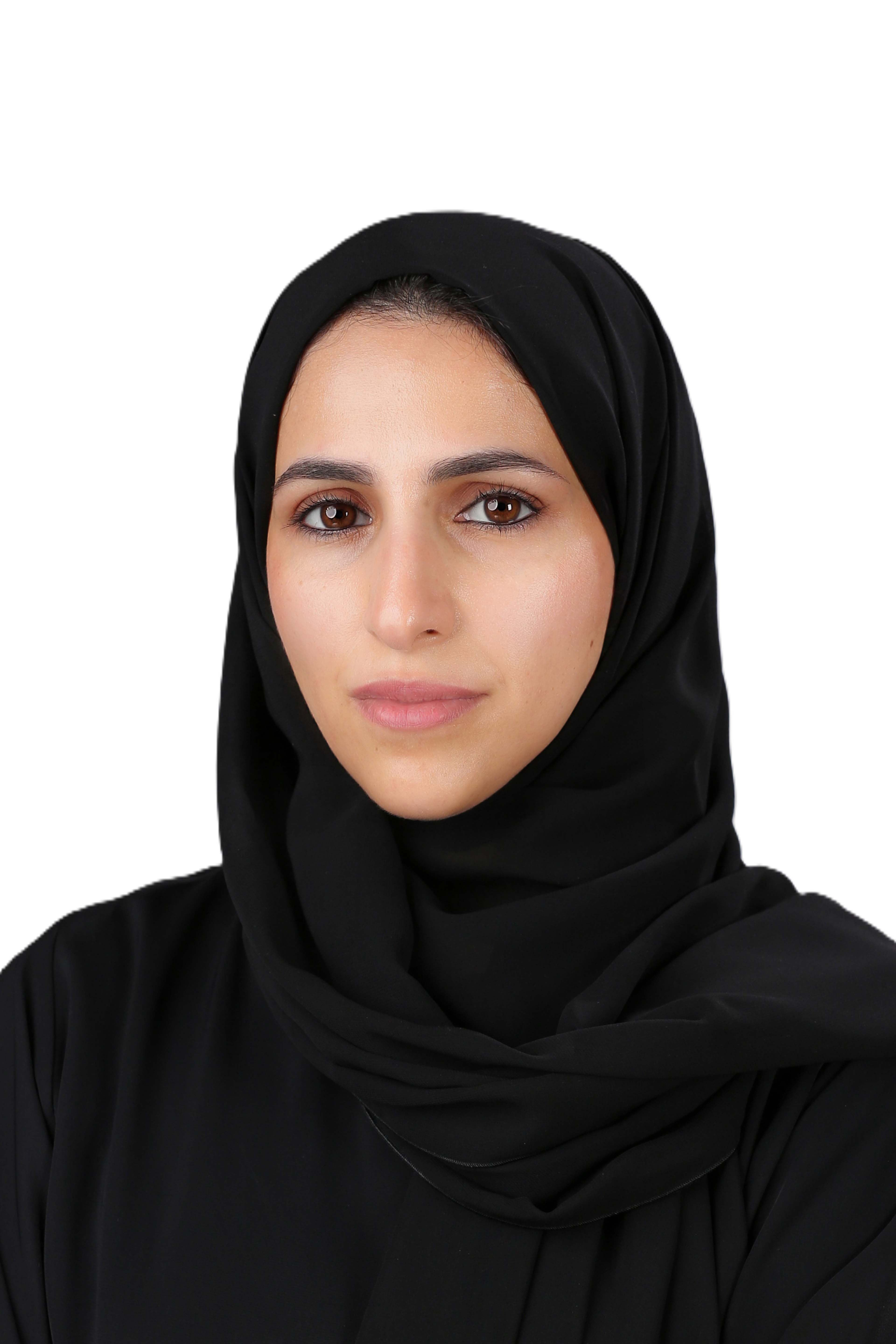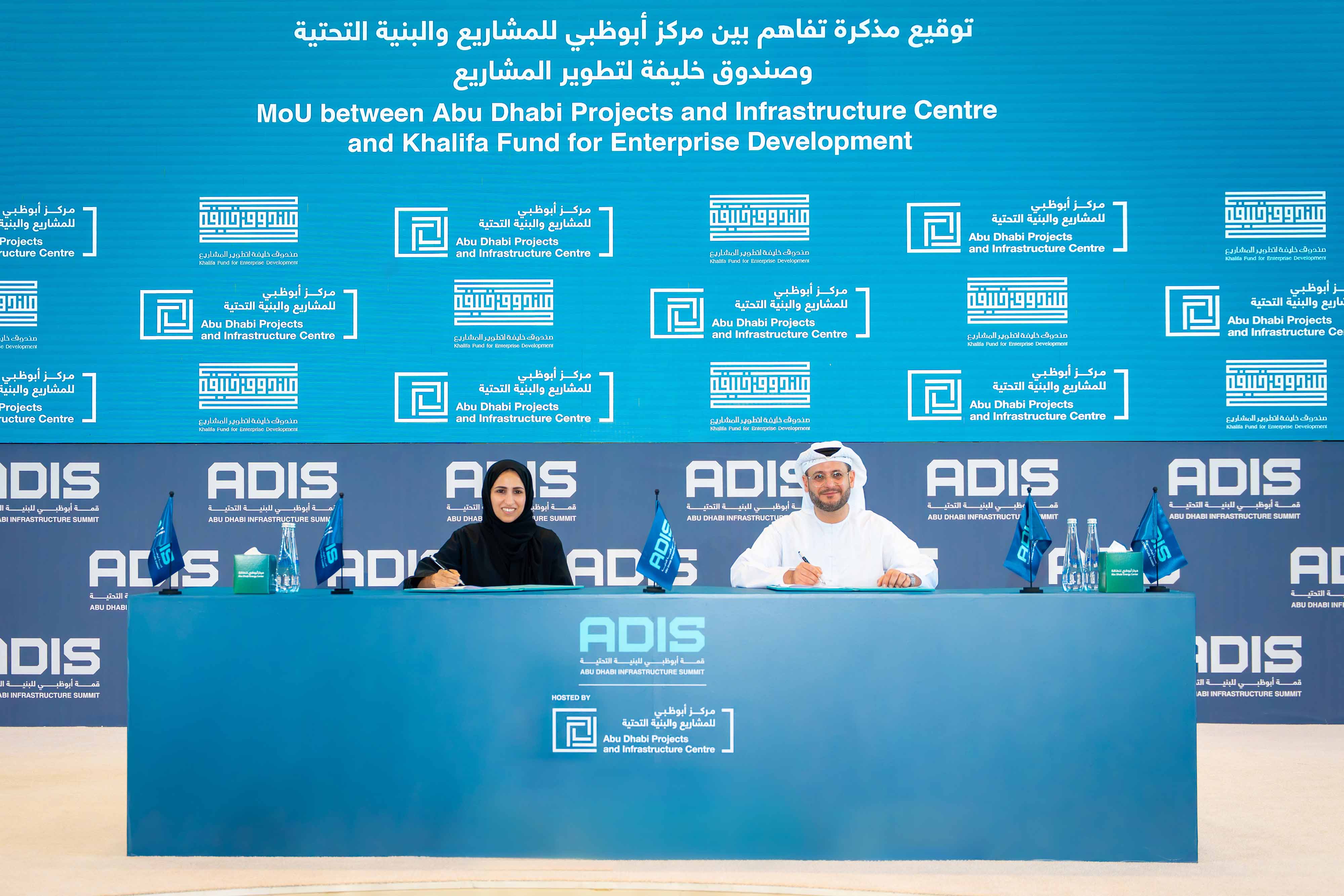UAE and India explore avenues for enhancing economic and industrial collaboration during the upcoming stage
22,415 new Indian companies enter UAE market in first half of 2025, reflecting 10 per cent growth

>> H.E. Abdulla bin Touq: Both countries share deep-rooted and strategic relations across various fields. The UAE has an adaptable and competitive legislative and economic environment that stimulates industrial investments.
Abu Dhabi, 02 July 2025: H.E. Abdulla bin Touq Al Marri, Minister of Economy and Tourism, today held a high-level meeting with H.E. H. D. Kumaraswamy, Indian Minister of Steel and Heavy Industries, and his accompanying delegation at the Ministry of Economy headquarters in Dubai.
The meeting focused on strengthening bilateral collaboration across key economic and industrial sectors, with a particular emphasis on the new economy, logistic transportation, advanced technology, manufacturing and food industries.
H.E. Bin Touq underscored deep-rooted and strategic partnership between the UAE and India, noting the shared commitment of the leadership to expanding cooperation in new economy sectors. “The two nations enjoy a decades-long history of economic collaboration built on shared interests, and a common vision for sustainable growth,” H.E. said.
H.E. further highlighted significant areas of alignment in both countries’ development strategies, including the circular economy, advanced manufacturing, tourism, healthcare, entrepreneurship, innovation, and technology.
H.E. Bin Touq said, “Economic collaboration between the UAE and India continues to strengthen, with notable growth in business activities. In the first half of 2025 alone, 22,415 new Indian companies entered the UAE market, an increase of over 10 per cent compared to the same period in 2024. By the end of June 2025, the total number of Indian companies operating in the UAE reached 264,687. During the meeting, we discussed strategies to enhance communication between business communities of the two countries and to encourage the establishment of diverse ventures across vital economic sectors.”
H.E. noted that the UAE has an adaptable and competitive legislative and economic environment that stimulates industrial investments across the world. The manufacturing sector contributed 13.5 per cent to the UAE’s non-oil GDP in 2024, ranking as the second on the list of economic activities contributing most to the non-oil GDP of the national economy. Additionally, the foreign direct investment (FDI) in this vital sector reached approximately AED?40?billion (USD?10.9?billion) by the end of 2022, representing 7 per cent of the country’s total FDI inflows.
The meeting also explored the key enablers and competitive advantages of the UAE’s business environment for Indian companies, along with strategies to maximize these benefits. Among the highlighted strengths were the UAE’s strategic location connecting East with West, its comprehensive economic partnerships, advanced infrastructure, diverse logistics services, and tax incentives that encourage the establishment of diverse economic and investment activities.
Both sides emphasized the importance of enhancing collaboration between the public and private sectors to facilitate the exchange of expertise and best practices, aimed at adopting latest technologies across sectors related to the new economy. This supports the building of a knowledge-based, technology-driven economy and fosters sustainable economic development.
-Ends-



